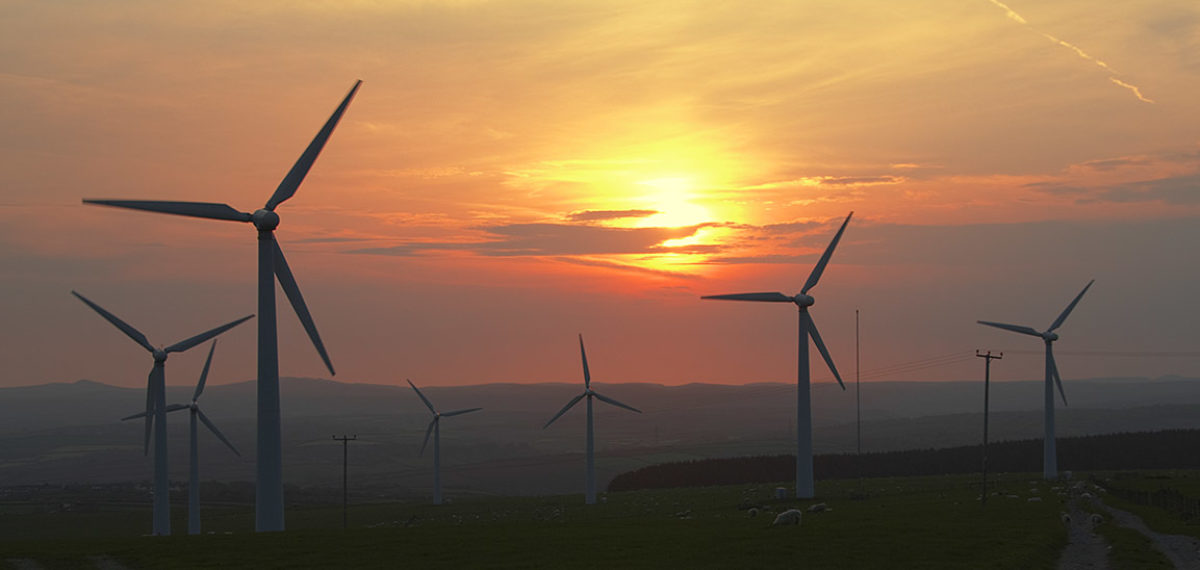Now that we’ve had a gas price spike the ever-behind-the-curve mouthpieces of the average suited conservative like the Economist magazine are blaming the politics of climate transition for the problem. But their story is exposed as nonsense by the exposition of some rather simple facts.
First, the problem we are having at the moment is simply that world natural gas production dropped during the covid crisis and it has not recovered as quickly as demand for gas had recovered. Second, Chinese consumption of liquified natural gas (LNG) has increased greatly over recent years and has squeezed global LNG supplies upon which the UK depends to plug the gap in its demand for natural gas. So gas prices have soared as lack of supply meets (in the short term) inelastic demand with respect to price.
In the UK it’s quite daft for people to say, as they have been doing regularly, that this is all, or even slightly, to do with lower than normal wind output in the UK in September. In world gas markets, where our gas prices are set by the price of (imported) liquified natural gas (LNG) as set on global spot markets, such an effect is about as important to LNG prices as a single flea on an elephant’s rear. Wind output has rebounded in the UK in October, and, guess what, this has not brought world gas prices (or UK gas prices) tumbling down!
Renewable energy production in the UK is simply not at the level to be such a crucial influence on gas prices – not yet, at least. Our annual natural gas consumption is getting on for being ten times more (yes, ten times bigger) than the level of production from wind and solar power. But the current gas crisis would certainly have been worse if it were not for increases in renewable energy generation in recent years.
Ah, but the suited conservatives cry, haven’t we been getting rid of coal production to make way for natural gas? Well, yes, but that’s nothing to do with climate politics (or at least not of the Greenpeace variety). In fact the shift to gas has powered ahead in the UK since the 1960s. That was because of the availability of cheap natural gas supplies from the North Sea as we shifted from coal-fired homes and electricity to natural gas heating and power (that is until gas prices have risen because North Sea supplies are running thin). Absolutely no climate politics there. Indeed under Mrs Thatcher there was plenty of right wing support for getting rid of the UK coalmining industry and the power stations it served and replacing it with electricity from natural gas. No climate politics there.
In the United States we’ve seen a similar story with natural gas replacing coal in electricity production even, indeed especially, during the Trump years, because of economics, and that had nothing to do with climate politics! Indeed, this drift for economic reasons towards natural gas (aided in some places by a desire to cut down on local air pollution) has been a global phenomenon. Even so, the drift towards natural gas has been far less rapid compared to the growth in oil demand in the 1960s that led to the oil crises of the following decade.
Now there have been some spoof climate politics coming from the natural gas industry since then. For many years they have tried to slow down the transition to renewable energy claiming that natural gas was a cheaper way cut carbon emissions compared to solar or wind power.
The suited conservatives who read The Economist love hearing the phrase ‘energy security’. So the best way of protecting this is if we dramatically and quickly increase renewable production and ramp up energy efficiency measures so that we can eliminate at least the most expensive natural gas imports. And that green energy strategy would do so at low cost. And relatively quickly. So what are we waiting for?
Of course for the UK the only relatively near time solutions to the natural gas problem are a) a crash energy efficiency programme which the UK Government won’t organise and b) most of the renewable projects which are current in the planning pipeline to be given contracts to supply electricity at a reliable price c) an economic recession to reduce energy demand, which we don’t want but which, of the three options here listed, is by far the most likely.
David Toke
